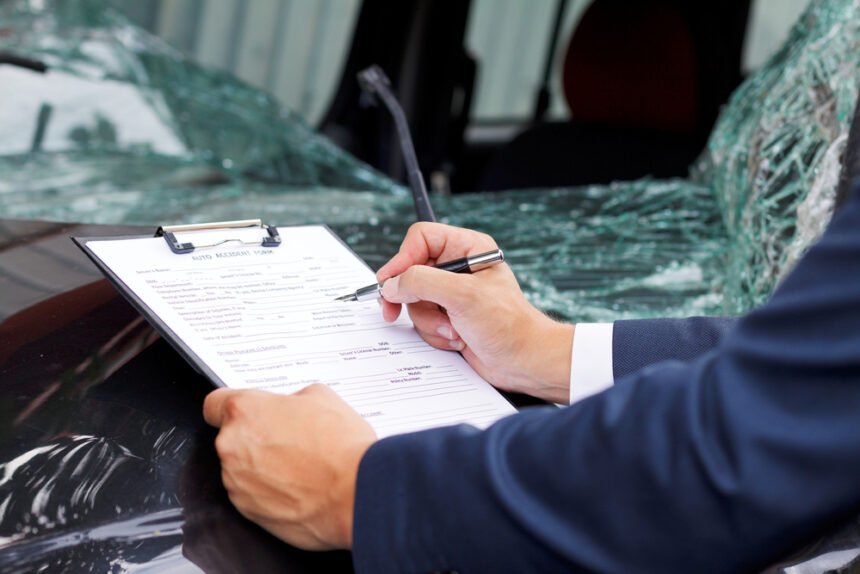Comedians and entertainers love to poke fun at lawyers, especially those who specialize in car accidents or other personal injury claims. But crashes that lead to court cases are no laughing matter. In fact, in 2017, there were more than 1,000 car accident fatalities in the state of Georgia alone. But there’s much more to a car accident than managing injuries.
Even a minor collision can leave everyone involved feeling shaken and disoriented. In the hours and days following an accident, it’s natural to be curious about the possibility of recovering damages from a negligent party. There’s no harm in entertaining that possibility, and even discussing it with an attorney, but it also pays to do some research and get educated. With that in mind, here’s what you need to know about motor vehicle accidents, liability, and the legal process of securing compensation.
Is It Necessary To See a Doctor After My Accident?
The answer to this question is a resounding yes! Not all injuries that result from car accidents are readily apparent. Some internal injuries, as well as traumatic brain injuries and issues with the neck, back, or spine, take a little while to manifest themselves.
Anyone who doesn’t have a medical exam soon after their accident could be setting themselves up for a fall. The other party’s insurance company and attorney could argue that the victim is blame for their pain because of the delay in going to the doctor.
What’s the Best Way to Communicate with An Insurance Agent?
The only communication that an accident victim should have is the initial report of the accident. It is necessary that all accidents are reported to the insurance company, which can be done online or over the telephone. Beyond that, any questions or dialogue with agents or adjusters should be taken care of by the attorneys handling the case.
What Can I Receive Compensation For?
According to Julian Sanders Law Firm, there are many ways you can secure compensation after a car accident. Here are a few items you can receive compensation for:
· Lost Wages. If injuries prevent someone from returning to their job, whether temporarily or permanently, they might be eligible for financial compensation to replace their usual wages.
· Medical Bills. The at-fault party can often be held responsible for medical bills that have been incurred or will continue to incur as a result of an injury. This is crucial, as medical bills are often exorbitant and may even lead to bankruptcy or another financial fiasco.
· Pain and Suffering. Motor vehicle accidents are the leading cause of post-traumatic stress disorder (PTSD) in the general population. Unfortunately, traumatic events like a crash don’t just cause physical injuries – they can also result in serious emotional issues. It’s common, therefore, to include damages for pain and suffering in a legal claim.
Can Injured Passengers File a Claim?
Yes, they can. Passengers may even have valid claims against the person who was driving the vehicle, if the driver can be determined to be partially responsible for the accident. In fact, many attorneys have experience pursuing claims against rideshare companies like Lyft and Uber.
Will the Case Go to Trial?
Almost all personal injury and other tort suits are settled before a trial is necessitated. Both sides will go to great lengths to negotiate a settlement, because trials are expensive and time-consuming.
Trials are a last resort. While it’s a good idea for plaintiffs to have an experienced litigator on their side in the event that the case does go all the way, know that this probably isn’t necessary.
How Long Will It All Take?
It’s difficult to answer this question with any specificity. There are so many factors involved in a personal injury lawsuit – who is at fault, what damage was incurred to the vehicle, the extent of injury to drivers and passengers, the plaintiff’s prognosis vis-a-vis returning to work or regaining their quality of life, and other mitigating circumstances – that must be taken into consideration.
However, it’s a fairly safe bet to think in terms of years rather than months. Many torts take two or more years to be fully resolved.
What’s the First Step Toward Filing a Claim?
After having a medical examination and reporting the accident, the next step is to start contacting personal injury law firms to set up an initial, complimentary, no-obligation consultation. During this meeting, the attorney and their potential client will discuss the details of the case. The attorney will answer any questions, and will give the injured person a framework of next steps and insight into the big picture.
As personal injury attorneys are compensated on a contingency basis – meaning that they only get paid once the individual receives a settlement – they won’t take on a case that they don’t have every confidence of winning. And since the consultation is free, there’s no reason for interested individuals to not discuss their options with an attorney.

